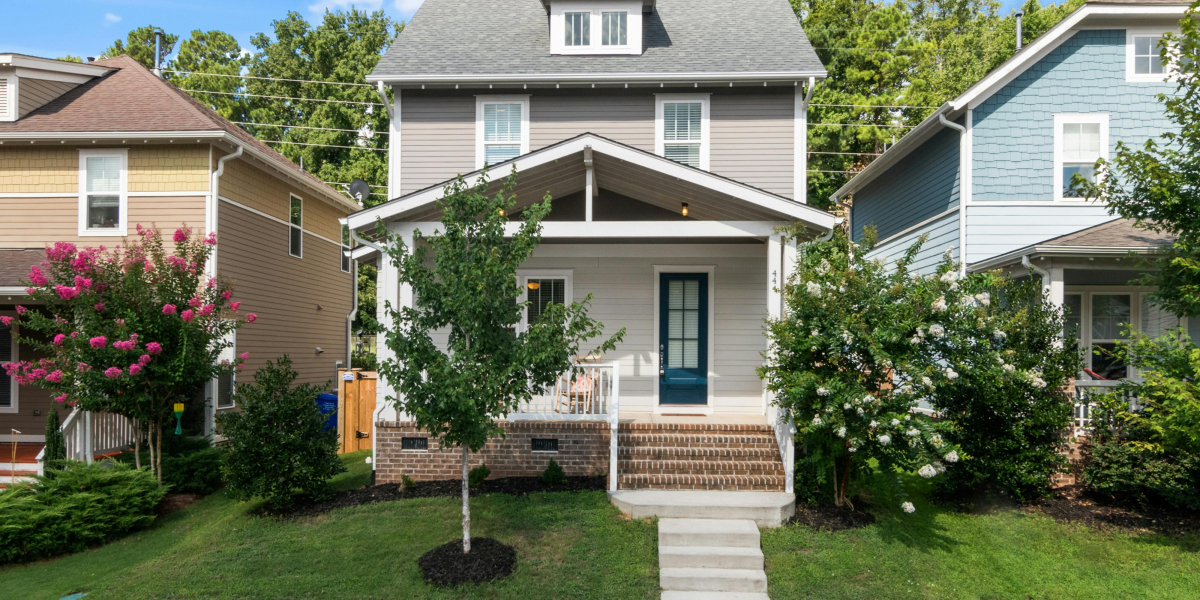When considering home improvements, window replacement is one of the most impactful upgrades homeowners can make. New windows not only improve a home’s aesthetic appeal but also enhance energy efficiency, increase property value, and provide better functionality. This guide will cover the key benefits of window replacement, types of windows available, factors to consider, and steps to a successful installation.
1. Why Replace Your Windows?
- Energy Efficiency: Aging windows often lack insulation, allowing drafts to enter and warm or cool air to escape. Modern windows are designed to improve thermal insulation, reducing heating and cooling costs.
- Enhanced Home Value: New windows are an attractive selling point. They add to curb appeal and can increase the resale value of a property.
- Improved Comfort and Functionality: With better sealing, new windows reduce noise pollution, prevent drafts, and often come with advanced locking systems for enhanced security.
2. Types of Windows
- Single and Double-Hung Windows: These are the most common types in residential homes, with double-hung windows providing more ventilation options.
- Casement Windows: Hinged at the sides, these windows open outward, offering excellent airflow and an unobstructed view.
- Sliding Windows: Ideal for wider spaces, these windows slide horizontally and provide easy operation.
- Awning Windows: Hinged at the top, awning windows open outward from the bottom and are excellent for rain-prone areas.
- Bay and Bow Windows: These protruding window styles create more interior space and provide panoramic views, adding a classic charm to living rooms or kitchens.
3. Window Frame Materials
- Vinyl: Affordable and energy-efficient, vinyl is resistant to moisture and requires minimal maintenance.
- Wood: Aesthetically appealing and excellent for insulation, though it requires regular upkeep to prevent rot and damage.
- Aluminum: Strong, durable, and low-maintenance, though it may be less energy-efficient than other materials.
- Composite: Made from a blend of materials, composite frames offer the strength of wood and the low maintenance of vinyl.
4. Factors to Consider Before Replacing Windows
- Climate: Different climates may require specific types of glass and frame materials to maximize efficiency and durability.
- Budget: Window replacement can range significantly in price depending on materials and design, so set a realistic budget and consider the long-term value.
- Style: Select windows that complement your home’s architectural design and personal taste.
- Efficiency Ratings: Look for Energy Star-certified windows with high R-values and low U-factors, which indicate superior insulation and energy efficiency.
5. Steps to a Successful Window Replacement
- Consult a Professional: Schedule a consultation with a certified window contractor to discuss your needs, preferences, and budget.
- Measure and Plan: Proper measurements are critical to ensure a seamless fit. Professionals will assess each window’s size and custom order replacements if necessary.
- Select the Right Windows: Based on your consultation, choose window styles, materials, and any additional features (like double glazing or low-E coatings).
- Installation: Professional installation ensures that your windows are fitted properly, maximizing energy efficiency and extending their lifespan.
- Maintenance: Once installed, periodically clean and check your windows to maintain their appearance and functionality.
6. Cost and ROI of Window Replacement
The cost of window replacement can vary widely based on window type, materials, and installation fees. On average, homeowners can expect to spend between $300 and $1,500 per window. Despite the upfront cost, energy savings and added home value make it a worthwhile investment. Studies show that window replacement can offer a return on investment (ROI) of around 70-80%, making it one of the best home improvement projects in terms of resale value.
7. Conclusion
Window replacement is a practical and valuable home improvement project that enhances both comfort and property value. By choosing the right window style, materials, and professional installation, homeowners can enjoy the benefits of reduced energy costs, improved home aesthetics, and a strong return on investment. Whether you’re upgrading for style, efficiency, or functionality, new windows offer long-lasting advantages that make them a worthwhile consideration for any homeowner.








